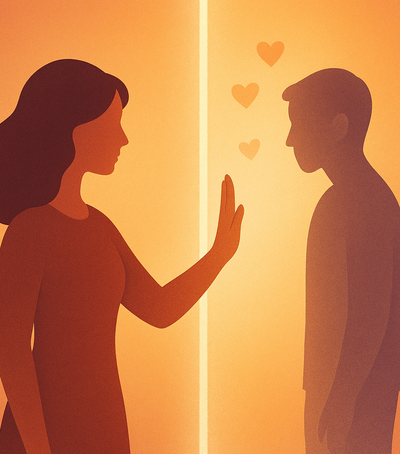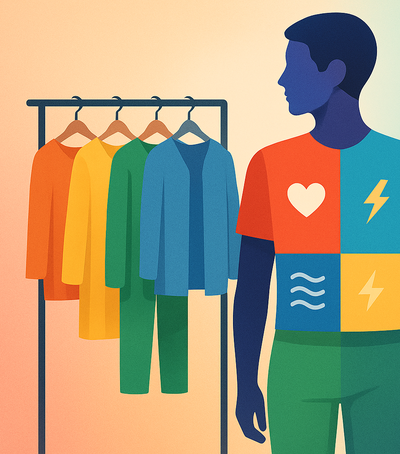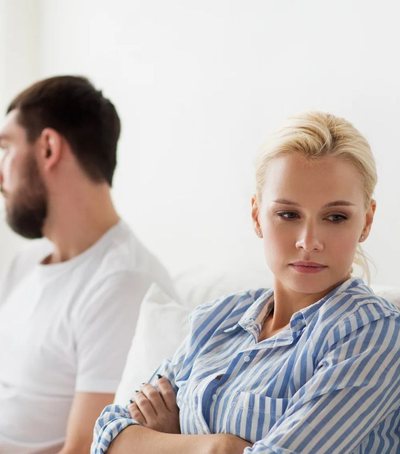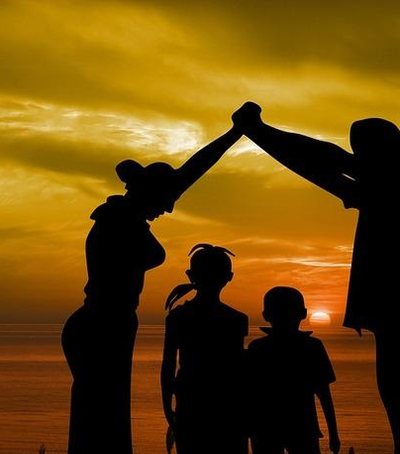
If history is the teacher of life, why do we continue to repeat its most painful mistakes? After two world wars, millions of victims, and peace agreements, humanity is once again facing global threats, growing nationalism, recycled hatred, and an uncertain international climate.
Psychologists explain this with a phenomenon called "collective emotional amnesia" - we no longer experience the pain of generations before us, so we don't feel it as a potential punishment.
Historians, on the other hand, remind us that people learn from individual events, not from book chapters. When we grow up in times of peace, we are more likely to forget that it is a temporary luxury, not an absolute right.
The world today faces deep polarization, with technologies that spread fear faster than facts, and with political systems that put short-term interest over the collective future.
War no longer begins with a barrage of weapons, but with bitter words, with propaganda, with stripping the other of their humanity.
But perhaps most painful of all is that man remains a contradictory being: he seeks peace, but encourages division; he desires justice, but pursues personal interests; he has memory, but chooses not to use it.
We learn, but we often don't act on what we know. And perhaps, history repeats itself not because it is forgotten – but because we don't hear its voice when it is still quiet, but only when it screams with tragedy.





